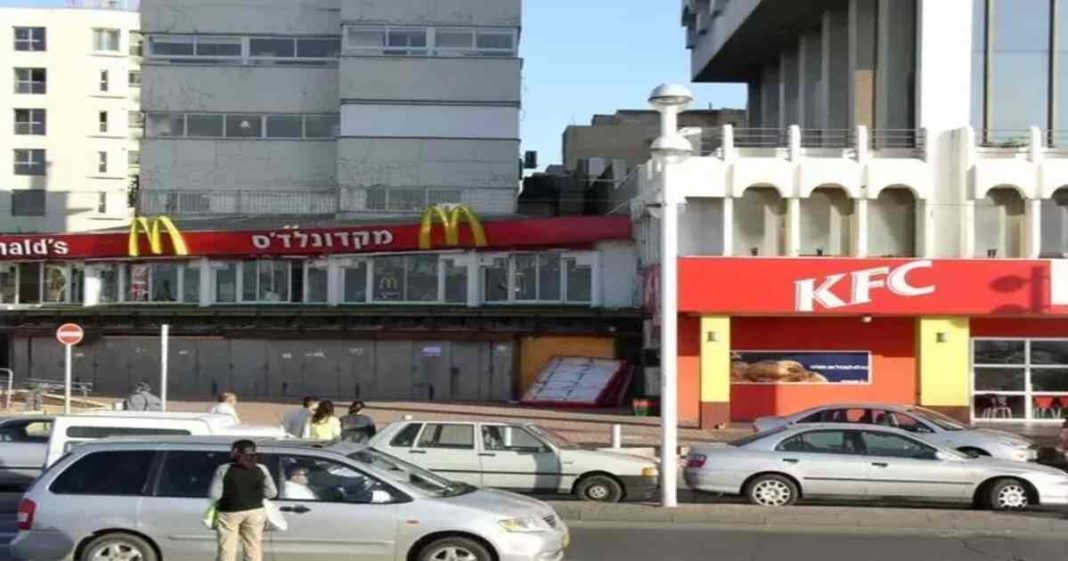
The Boycott, Divestment, and Sanctions (BDS) movement, aimed at pressuring companies perceived to support Israel’s actions, has reverberated globally, particularly impacting fast-food chains across Muslim-majority countries. From KFC to McDonald’s, Starbucks to Domino’s, brands are navigating a challenging landscape shaped by geopolitical tensions and consumer activism.
KFC
KFC franchisees in Malaysia and other Southeast Asian nations have faced a significant blow as the BDS movement gains momentum. Temporarily shuttering over 100 outlets in response to boycotts, QSR Brands, the franchise holder, grapples with accusations tied to its parent company’s alleged ties to Israel. Despite assertions of local engagement and contribution, franchisees face an uphill battle in preserving business amidst pro-Palestinian sentiment.
McDonald’s
As one of the largest targets of the BDS movement, McDonald’s Corporation confronts challenges in regions like the Middle East and Southeast Asia. Despite asserting independence from franchisee actions, the corporation faces scrutiny over its Israeli operations. Recent actions, including reclaiming ownership in Israel and disavowing ties to pro-Israel allegations, illustrate the delicate balance between global operations and local perceptions.
Starbucks
Starbucks finds itself ensnared in the BDS movement following legal disputes and protests sparked by a pro-Palestinian social media post. Across Turkey, Indonesia, and Malaysia, franchisees report declining revenues amid boycotts, highlighting the interconnectedness of global brands and regional politics. As closures and layoffs unfold in the Middle East and North Africa, Starbucks grapples with the fallout of its perceived associations.
Domino’s
BDS activists target Domino’s Pizza, alleging complicity in supporting Israel amid rumors of free food for Israeli troops. Domino’s Pizza Enterprises experiences share price fluctuations and sales declines in Asia-Pacific markets, attributing challenges to anti-American sentiment linked to Middle Eastern conflicts. Despite varied performance, the brand navigates turbulent waters shaped by geopolitical tensions.
Amid calls for global boycotts, Burger King faces backlash over alleged support for Israel, resulting in violent attacks and vandalism in Turkey. Accusations of providing free food to Israeli military personnel fuel anti-Israel sentiments, impacting the brand’s reputation and operations. Burger King grapples with the fallout of geopolitical tensions, navigating a complex landscape of consumer activism and regional conflicts.
source : globalvillagespace
